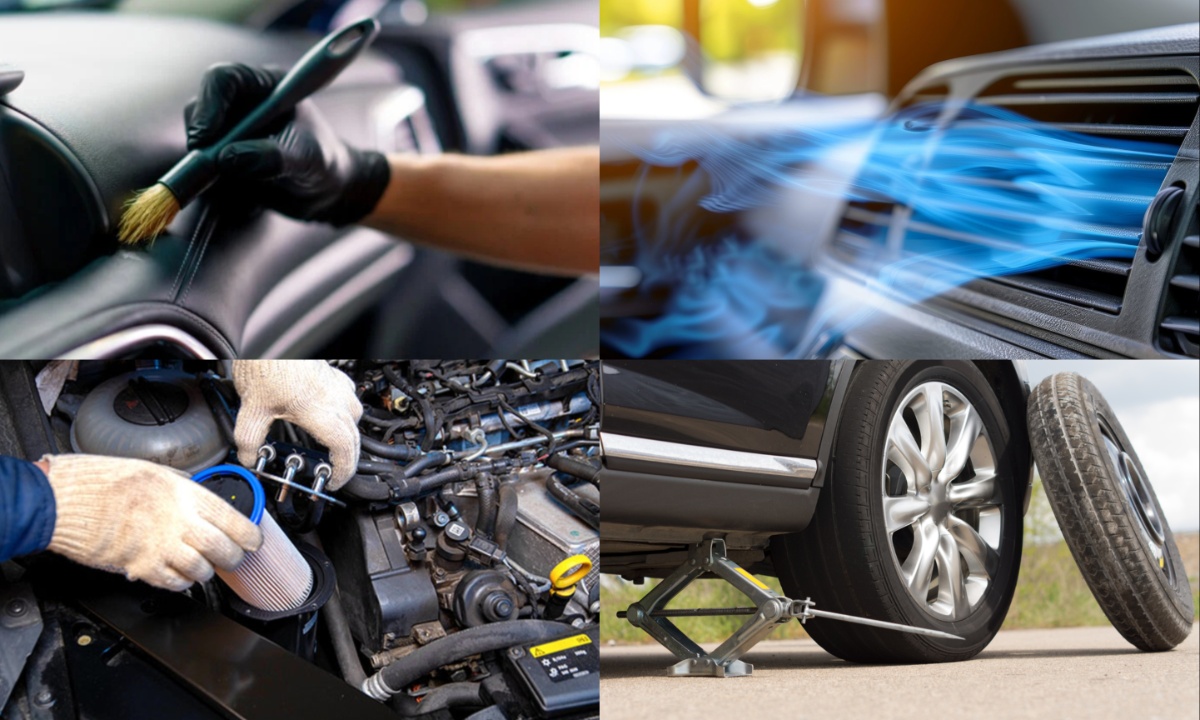In today’s fast-paced world, convenience often trumps sustainability. The throwaway culture has taken root, especially when it comes to smaller household goods, which are frequently cheaper to replace than repair.
However, this mindset doesn’t suit more significant investments like vehicles, where replacement is costly and impractical. With auto repair costs on the rise, taking proper care of your vehicle isn’t just a smart financial decision—it’s also a way to enhance safety, efficiency, and resale value.
By incorporating regular maintenance habits and mindful driving practices, you can extend the lifespan of your car while also benefiting the environment.
1. Regular Maintenance: The Foundation of Vehicle Longevity
Staying on top of routine maintenance is essential for a long-lasting vehicle. Manufacturers provide specific maintenance schedules, typically outlined in the owner’s manual, which detail when and how certain services should be performed.
While oil changes are commonly known, other parts, such as air filters, spark plugs, and brake pads, also require attention. Regular inspections help detect problems early, reducing the risk of costly repairs down the road.
Additionally, keeping up with maintenance isn’t just good practice—it’s also often a condition in your car insurance policy, ensuring you’re covered in case of claims or mechanical failure.
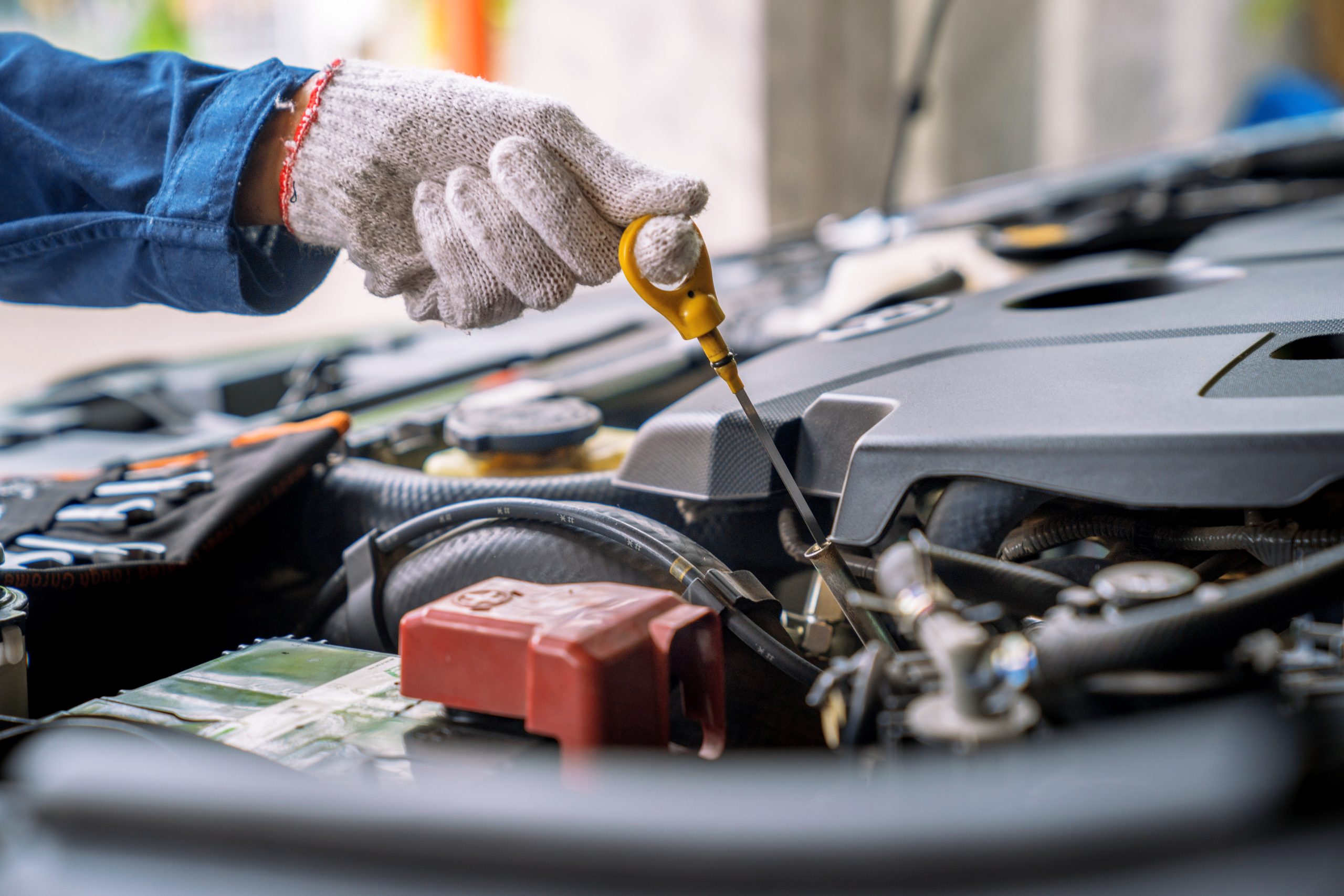
2. Tire Care: Safety and Performance on the Road
Tires are critical to vehicle safety and performance. Regularly rotating them—about every 6,000 to 8,000 miles—ensures even wear and extends their life. Proper tire inflation improves fuel efficiency, driving comfort, and control, especially in harsh weather conditions.
Underinflated tires can lead to poor gas mileage and increased wear, while overinflated ones reduce traction. Monitoring tire pressure, checking tread depth, and aligning wheels as needed can prevent blowouts and reduce strain on the suspension system.
Good tire care not only saves money but also ensures your ride is as smooth and safe as possible throughout its life.
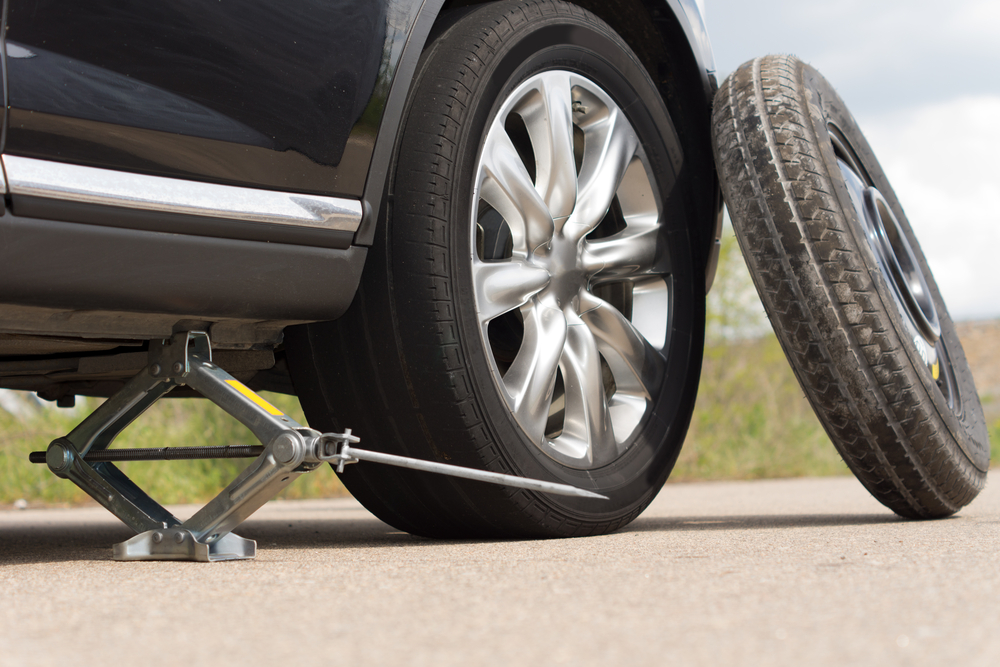
3. Safe Driving: Habits That Preserve Your Car
Driving behavior greatly influences a car’s lifespan. Aggressive habits—like speeding, hard braking, and rapid acceleration—can wear down brakes, tires, and the engine. Even minor actions such as letting the engine idle for extended periods or shifting from reverse to drive without stopping can lead to premature wear.
Being mindful of your surroundings and accelerating smoothly protects vital components and reduces unnecessary strain. Defensive driving not only enhances safety but also improves vehicle longevity.
Cultivating better habits behind the wheel helps preserve mechanical integrity and ensures that your car continues to perform well for years to come.

4. Transmission Health: Keep Things Running Smoothly
The transmission system is one of the most expensive parts of a car to repair or replace, making its upkeep vital. Transmission fluid plays a key role by lubricating gears and preventing overheating.
Over time, this fluid degrades and needs to be changed according to the manufacturer’s schedule. Regularly checking the fluid’s color and consistency can help spot issues early—healthy fluid is typically a clear red, while dark or burnt-smelling fluid indicates potential trouble.
Neglecting the transmission system can lead to jerky movements or total failure. A proactive approach protects your investment and ensures smoother gear shifting.
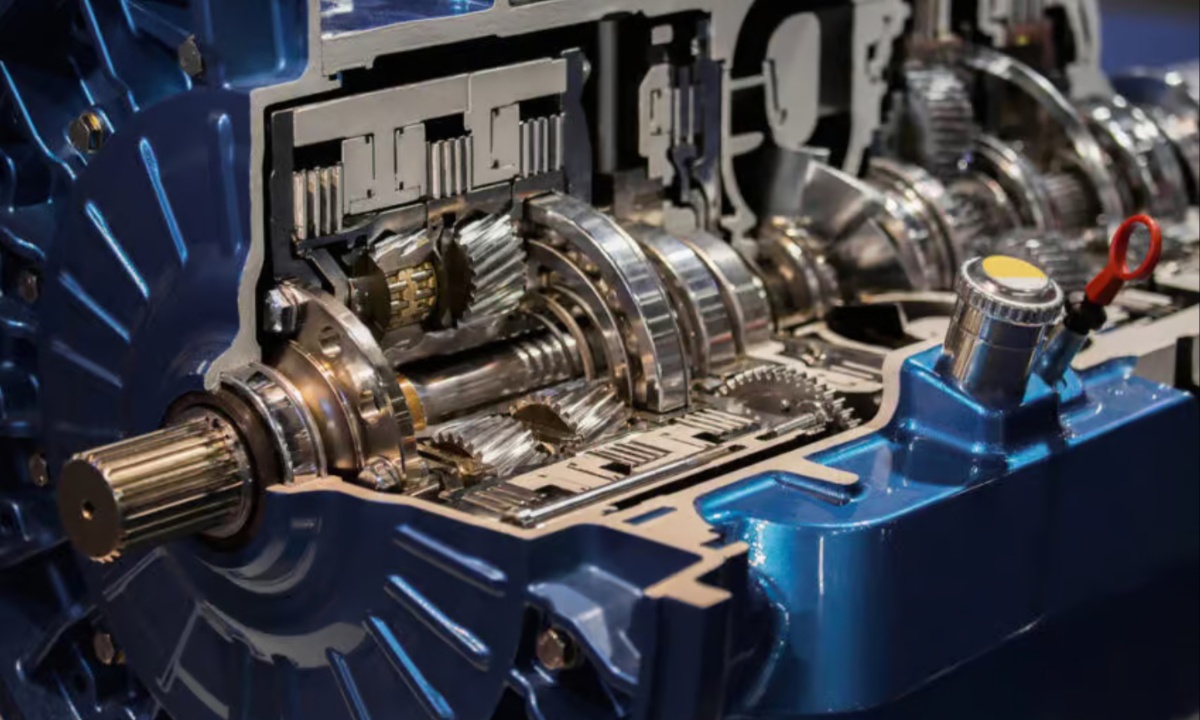
5. Climate Control: Comfort and Efficiency Year-Round
The heating, ventilation, and air conditioning (HVAC) system affects both comfort and vehicle efficiency. Dirty or clogged air filters can lead to poor airflow, bad smells, and increased strain on the system.
Regular filter replacement helps maintain indoor air quality and prevents mechanical failure. A properly functioning climate control system ensures driving comfort in extreme weather, enhancing focus and safety.
It also prevents windows from fogging up in winter or overheating in summer. Maintenance of your HVAC system should be done seasonally, ensuring components like compressors and fans are running efficiently for optimal climate control inside the car.
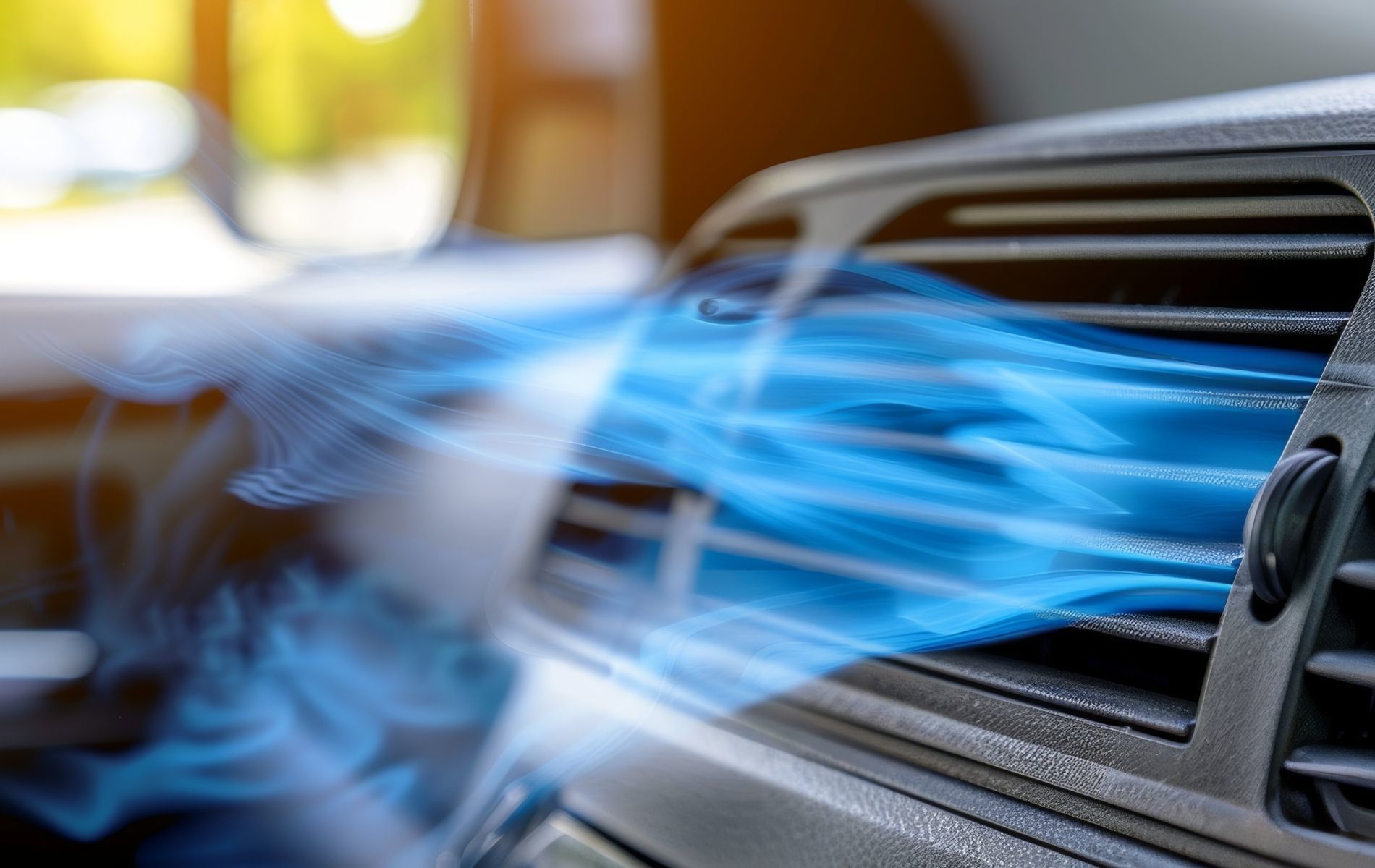
Also Read: 10 Best Affordable Home Charging Stations for EV Owners
6. Battery Maintenance: Powering Modern Vehicles
A well-maintained battery is crucial for starting your vehicle and powering its electrical systems. For gas-powered cars, frequent short trips may prevent the battery from fully charging, leading to a shorter lifespan.
Hybrid and electric vehicles benefit from regenerative braking, but they require proper charging habits and storage care. Regularly checking battery terminals for corrosion, ensuring secure connections, and replacing the battery every 3–5 years can prevent sudden failures.
Keeping jumper cables in your trunk is also wise. Whether conventional or electric, battery maintenance is key to reliable performance and avoiding inconvenient or costly roadside breakdowns.
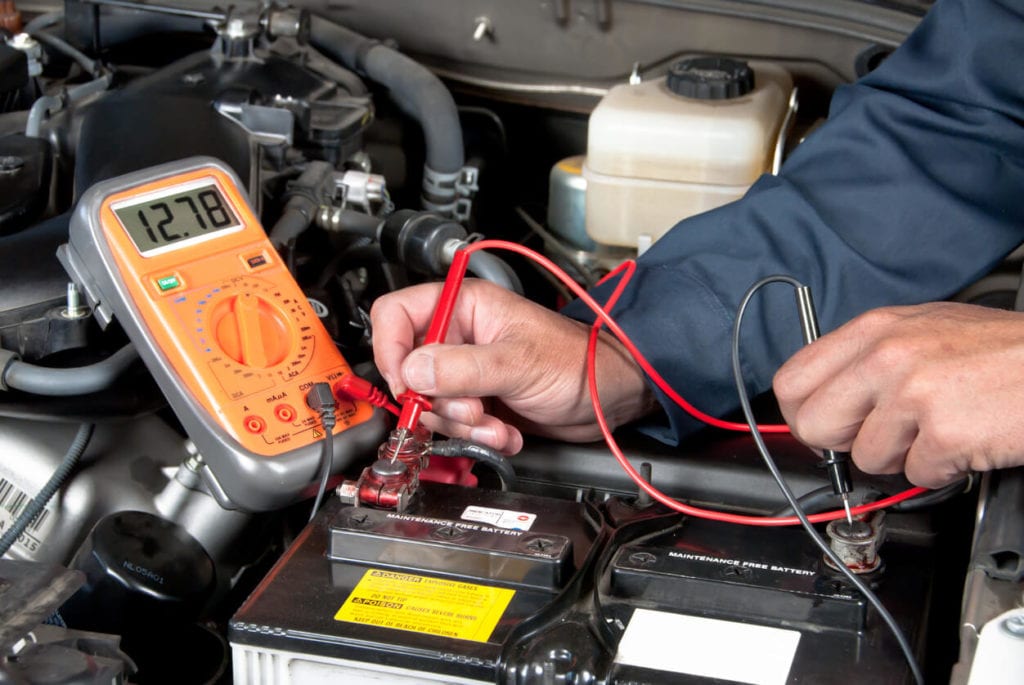
7. Fuel System: Efficiency and Engine Health
Maintaining the fuel system improves performance and fuel economy. Dirty or clogged fuel filters can starve the engine of fuel, leading to misfires or poor acceleration. Follow the manufacturer’s guidelines for filter replacement and fuel type. Using the correct octane level prevents engine knocking and maintains efficiency.
In colder climates, switching to winter-grade fuel can help your engine warm up faster. Occasionally using fuel additives can clean injectors and reduce carbon buildup. A clean and efficient fuel system reduces emissions, boosts mileage, and helps your engine run smoother—making a big difference over your vehicle’s lifespan.
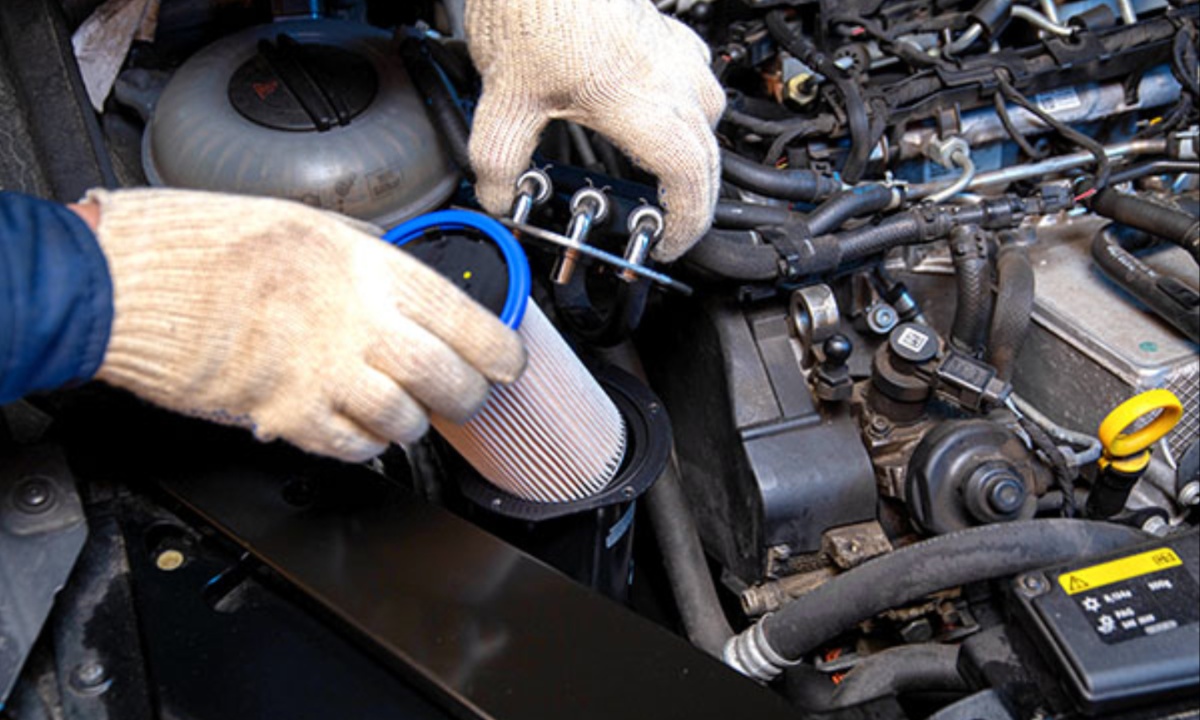
8. Exterior and Interior Care: More Than Just Looks
Caring for your car’s appearance preserves its resale value and structural integrity. Washing and waxing regularly removes dirt, road salt, and bird droppings that can cause rust and paint damage.
Using sunshades, parking in shaded areas, and applying UV protectants prevent interior cracking and fading. Floor mats, seat covers, and regular vacuuming protect upholstery and carpets from stains and wear.
While these tasks may seem purely cosmetic, keeping your car clean also discourages pests and makes mechanical problems easier to spot. A well-kept vehicle reflects pride of ownership and reduces deterioration from daily wear and environmental exposure.

9. Storage Tips: Preparing for Downtime
If your vehicle will be unused for a while, proper storage ensures it remains road-ready. Choose a clean, dry location and clean the car thoroughly inside and out to deter pests. Before storage, top off fluids, change the oil, and inflate the tires to avoid flat spots. Using jack stands can prevent tire deformation.
Disconnect or remove the battery and store it in a cool place to preserve the charge. A breathable car cover adds protection from dust and moisture. Security measures like steering wheel locks can deter theft. Proper storage helps prevent long-term damage and simplifies reactivation.
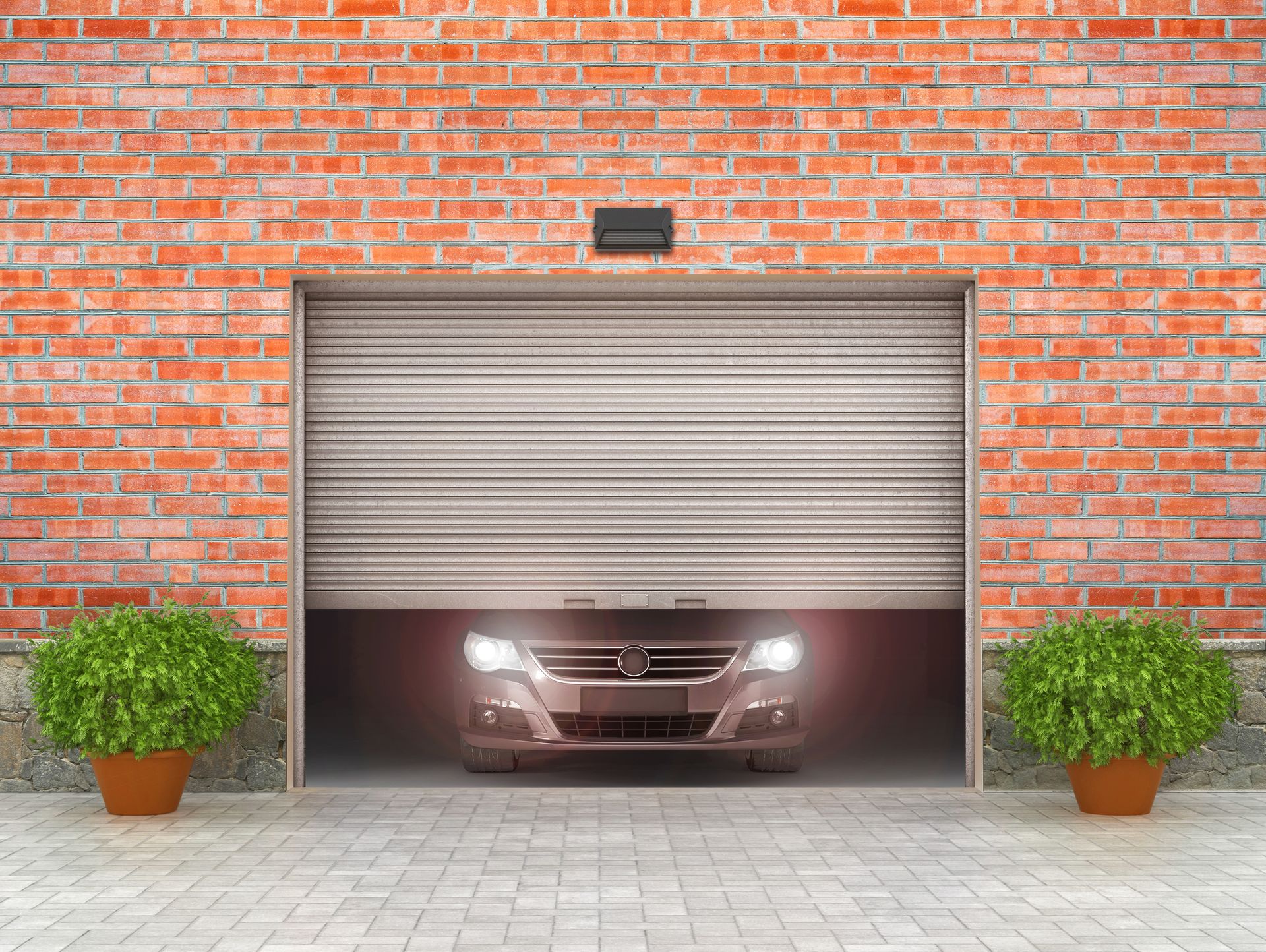
10. Warning Signs: Catching Problems Early
Learning to recognize your car’s warning signs can prevent small problems from becoming expensive repairs. Dashboard indicators such as the check engine light or oil pressure alert provide early signals of trouble.
Strange sounds—like grinding, squealing, or knocking—may point to issues with brakes, suspension, or engine. Excessive vibrations, poor handling, or stalling can suggest deeper mechanical problems.
Ignoring these signs can lead to more damage and unsafe driving conditions. Keep a trusted mechanic on speed dial and consult your owner’s manual for guidance. Addressing issues promptly is a key strategy for maximizing your car’s lifespan and safety.
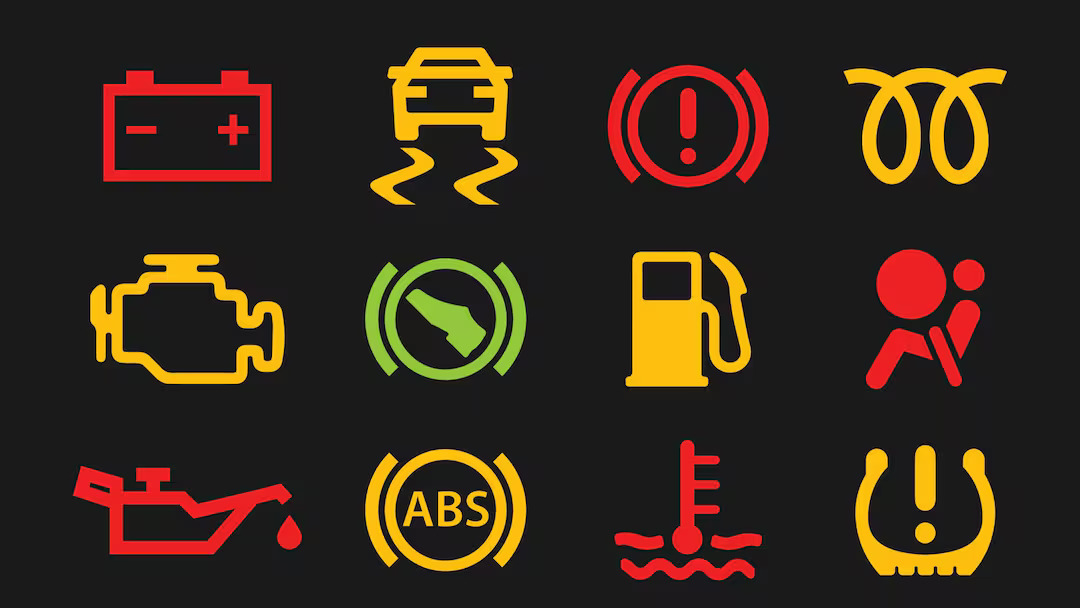
Caring for your car isn’t just about saving money—it’s about safety, reliability, and sustainability. By incorporating regular maintenance, adopting good driving habits, and staying attentive to your vehicle’s needs, you create a long-lasting relationship with your car.
Whether you’re planning to keep your car for decades or eventually resell it, investing time and effort into its upkeep will always pay dividends. A well-maintained car offers peace of mind, better performance, and lower emissions.
In an age of disposability, caring for your vehicle is a smart and responsible way to fight against throwaway culture and drive into a more mindful future.
Also Read: 10 Cars That Survive Snowy Winters Without a Garage

